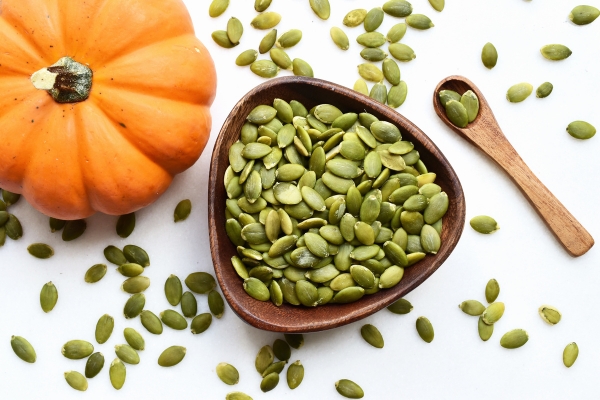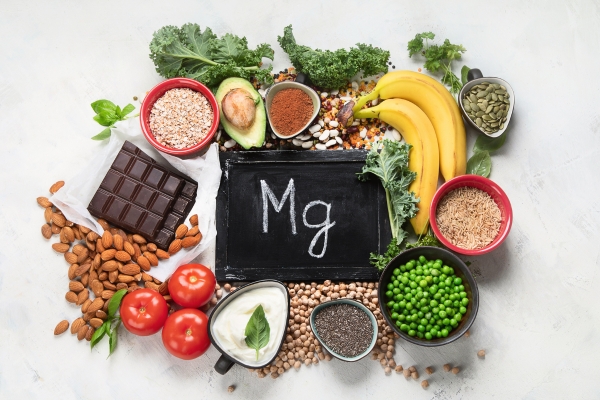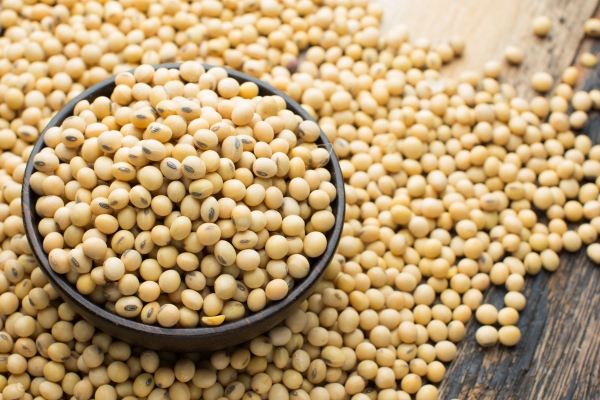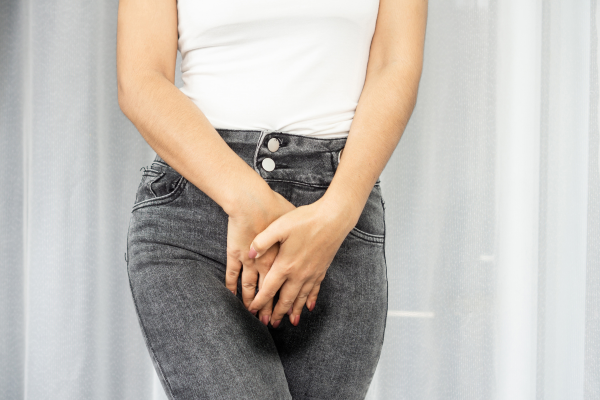Tired of embarrassing pee leaks disrupting your life?
What if the solution isn’t in expensive treatments but simple, natural ingredients you might already have at home?
Urinary incontinence affects millions, leading to discomfort and loss of confidence.
Traditional treatments often come with side effects and high costs. But there’s a better way.
In this article, you’ll discover three powerful, science-backed ingredients that can help you manage pee leaks naturally.
These ingredients offer a safe, effective, and affordable solution. Ready to take control of your bladder health?

Pumpkin Seed Extract
Pumpkin seed extract is derived from the nutrient-rich seeds of pumpkins, which are packed with essential vitamins and minerals.
These seeds are a powerhouse of omega-3 fatty acids, phytosterols, magnesium, zinc, and antioxidants, making them a superfood for overall health.
How Pumpkin Seed Helps with Pee Leaks
Those omega-3 fatty acids and phytosterols in pumpkin seeds aren’t just good for your heart—they’re crucial for bladder health too.
Omega-3s reduce inflammation and support healthy cell function, while phytosterols help strengthen the bladder muscles and improve urinary function.
Studies have shown that pumpkin seed extract can significantly reduce urinary incontinence.
One study even found that participants who took pumpkin seed extract experienced a noticeable reduction in nighttime bathroom trips and overall improvement in bladder control. [1]
How to Incorporate It into Your Diet
Now, how do you get this bladder-boosting goodness into your diet? Easy.
You can take pumpkin seed extract as a supplement—look for a high-quality option with a standardized dose.
Alternatively, add raw or roasted pumpkin seeds to your meals. Sprinkle them on salads, mix them into yogurt, or enjoy them as a snack.
Recommended Dosage: For supplements, aim for about 1,000 mg of pumpkin seed extract per day. If you’re eating the seeds directly, a handful (about 1 ounce) daily should do the trick. Remember, consistency is key to seeing results, so make this a part of your daily routine.

Magnesium
Magnesium is a vital mineral that is essential for muscle function, nerve transmission, energy production, and maintaining a healthy immune system.
Without enough magnesium, your body can’t function optimally, which can lead to a range of health issues, including pee leaks.
How Magnesium Helps with Pee Leaks
Magnesium supports muscle and nerve function, which is critical for the muscles of your pelvic floor—the group of muscles that help control urination.
When these muscles are strong and functioning properly, they can significantly reduce episodes of urinary incontinence.
Research backs this up. Studies have shown that magnesium supplementation can improve symptoms of urinary incontinence, particularly in women.
One study found that participants who took magnesium hydroxide experienced fewer incidents of nighttime incontinence and an overall improvement in bladder control. [2]
How to Incorporate It into Your Diet
So, how do you make sure you’re getting enough magnesium? Simple. Here are some magnesium-rich foods to include in your diet:
- Dark Leafy Greens: Spinach, kale, and Swiss chard are great sources.
- Nuts and Seeds: Almonds, cashews, and pumpkin seeds pack a magnesium punch.
- Whole Grains: Brown rice, quinoa, and whole wheat bread.
- Fish: Mackerel, salmon, and halibut.
- Legumes: Black beans, kidney beans, and chickpeas.
If you prefer supplements, magnesium citrate or magnesium glycinate are well-absorbed forms.
Recommended Daily Intake: The RDA for magnesium is about 400-420 mg for men and 310-320 mg for women. If you’re opting for a supplement, start with 200-300 mg per day and adjust as needed. Always consult with a healthcare provider before starting any new supplement regimen.

Soy Isoflavones
Soy isoflavones are naturally occurring compounds found in soybeans and soy-based products like tofu, tempeh, and soy milk.
These powerful phytoestrogens mimic the effects of estrogen in the body, making them particularly beneficial for maintaining hormonal balance, especially as you age.
How Soy Isoflavones Help with Pee Leaks
Soy isoflavones help maintain hormonal balance by mimicking estrogen, which is crucial for the health of your urinary tract and pelvic floor muscles.
When estrogen levels drop, so does the strength of these muscles, leading to more frequent leaks.
Studies have shown that soy isoflavones can improve bladder function and reduce symptoms of incontinence.
One study found that postmenopausal women who consumed soy isoflavones had significantly fewer episodes of urinary leakage compared to those who didn’t. [3]
How to Incorporate Them into Your Diet
So, how do you get these bladder-boosting isoflavones into your diet? It’s easier than you think.
Here are some soy-based foods to include:
- Soybeans: Snack on roasted soybeans or edamame.
- Tofu: Add it to your stir-fries, soups, or salads.
- Soy Milk: Use it in your coffee, smoothies, or cereals.
- Tempeh: A fermented soy product that’s great in sandwiches or as a meat substitute.
- Soy Yogurt: A dairy-free option that’s rich in isoflavones.
If you prefer supplements, look for soy isoflavone capsules or powders.
Recommended Dosage: Aim for around 50-100 mg of soy isoflavones per day. This can be achieved through a combination of soy foods and supplements. As always, consult with a healthcare provider before starting any new supplement.

Conclusion
Controlling pee leaks doesn’t have to rely on expensive treatments or invasive procedures.
By incorporating natural ingredients like pumpkin seed extract, magnesium, and soy isoflavones into your routine, you can effectively manage urinary incontinence and improve your bladder health.
Pumpkin seed extract provides a potent combination of omega-3 fatty acids and phytosterols that support bladder health and reduce inflammation.
Magnesium is essential for muscle and nerve function, particularly for strengthening the pelvic floor muscles that control urination.
Soy isoflavones help maintain hormonal balance, especially for postmenopausal women, by mimicking estrogen’s effects and supporting urinary tract health.
Consider adding these powerful, natural ingredients to your diet to take control of your bladder health.
References
BJOG: An International Journal of Obstetrics & Gynaecology
Gordon D, Groutz A, Ascher-Landsberg J, Lessing JB, David MP, Razz O. Double-blind, placebo-controlled study of magnesium hydroxide for treatment of sensory urgency and detrusor instability: preliminary results. Br J Obstet Gynaecol. 1998 Jun;105(6):667-9. doi: 10.1111/j.1471-0528.1998.tb10183.x. PMID: 9647159.
Menopause
Waetjen LE, Leung K, Crawford SL, Huang MH, Gold EB, Greendale GA; Study of Women’s Health Across the Nation. Relationship between dietary phytoestrogens and development of urinary incontinence in midlife women. Menopause. 2013 Apr;20(4):428-36. doi: 10.1097/gme.0b013e3182703c9c. PMID: 23096248; PMCID: PMC3568456.

